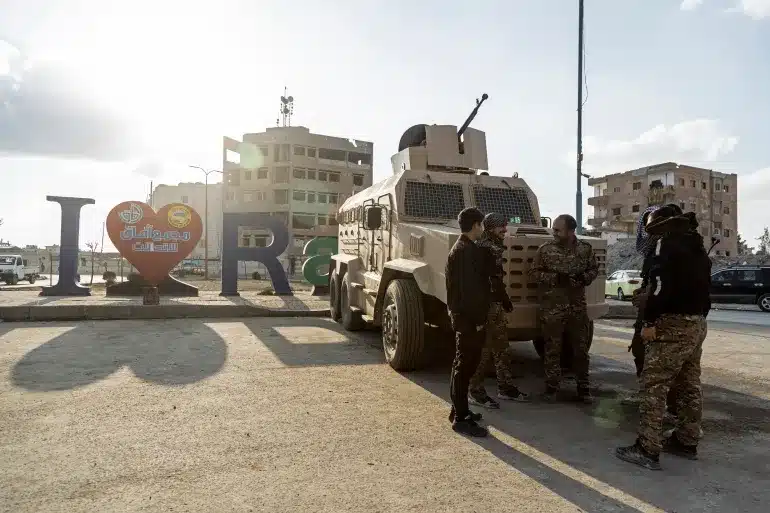Pakistan’s most recent elections were anticipated to usher in a period of much-needed stability. The nation grappled with crippling inflation and deep political divisions, prompting hopes for a government capable of addressing these pressing issues. However, the outcome was far from decisive, yielding a minority government—a shaky coalition displaying uncertainty regarding its mandate.
Following the elections, the Pakistan Muslim League (N) led by former Prime Minister Nawaz Sharif and the Pakistan People’s Party (PPP) under Bilawal Bhutto’s leadership announced their intention to form a government. However, the PPP opted out of participating, resulting in an uneasy alliance that bore semblance to a forced partnership.
The military, often referred to as the “establishment,” wielded its influence during the elections, employing familiar tactics to shape the outcome. Despite efforts to manipulate the process, Imran Khan’s Pakistan Tehreek-e-Insaf (PTI) emerged as the largest party.
Imran Khan’s ascent to power has been characterised by his portrayal as a crusader against corruption. Refusing to align with other parties, he opted to sit in opposition, orchestrating campaigns from his prison cell during previous incarcerations.
His party’s victory, despite his imprisonment, underscores a defiance against establishment interference. Khan’s opponents, apprehensive of his political acumen, sought to diminish his influence, yet his supporters remained steadfast.
Imran Khan’s leadership style is marked by agitation and confrontation. He has accused the US and domestic adversaries of conspiring against him and has a history of contesting election results and staging protests.
The current government, dubbed a “coalition of losers,” faces reluctance to govern owing to economic challenges and the military’s increasing sway.
Imran Khan’s time behind bars has not tempered his resolve; he remains a popular and unyielding figure, unwilling to compromise his principles or confrontational approach.
In summary, Pakistan’s recent elections have produced a fragile government, with Imran Khan’s PTI emerging as a dominant force despite challenges and attempts to suppress its influence.
The recent elections in Pakistan were highly anticipated, with the hopes of bringing much-needed stability to the nation. Pakistan grappled with severe inflation and deep political divisions, prompting a collective desire for a government capable of addressing these pressing issues. However, the outcome proved to be far from decisive, resulting in a minority government—a shaky coalition displaying uncertainty regarding its mandate.
After the elections, the Pakistan Muslim League (N), led by former Prime Minister Nawaz Sharif, and the Pakistan People’s Party (PPP), under Bilawal Bhutto’s leadership, announced their intention to form a government. However, the PPP opted out of participating, resulting in an uneasy alliance that bore semblance to a forced partnership.
The military, often referred to as the “establishment,” exerted its influence during the elections, employing familiar tactics to shape the outcome. Despite efforts to manipulate the process, Imran Khan’s Pakistan Tehreek-e-Insaf (PTI) emerged as the largest party.
Imran Khan’s rise to power has been characterised by his portrayal as a crusader against corruption. Refusing to align with other parties, he opted to sit in opposition, orchestrating campaigns from his prison cell during previous incarcerations.
His party’s victory, despite his imprisonment, underscores a defiance against establishment interference. Khan’s opponents, apprehensive of his political acumen, sought to diminish his influence, yet his supporters remained steadfast.
Imran Khan’s leadership style is marked by agitation and confrontation. He has accused the US and domestic adversaries of conspiring against him and has a history of contesting election results and staging protests.
The current government, dubbed a “coalition of losers,” faces reluctance to govern owing to economic challenges and the military’s increasing sway.
Imran Khan’s time behind bars has not tempered his resolve; he remains a popular and unyielding figure, unwilling to compromise his principles or confrontational approach.
In summary, Pakistan’s recent elections have produced a fragile government, with Imran Khan’s PTI emerging as a dominant force despite challenges and attempts to suppress its influence.
Image credit: Baderkhan Ahmad/AP



















